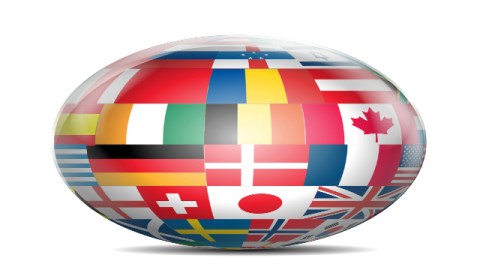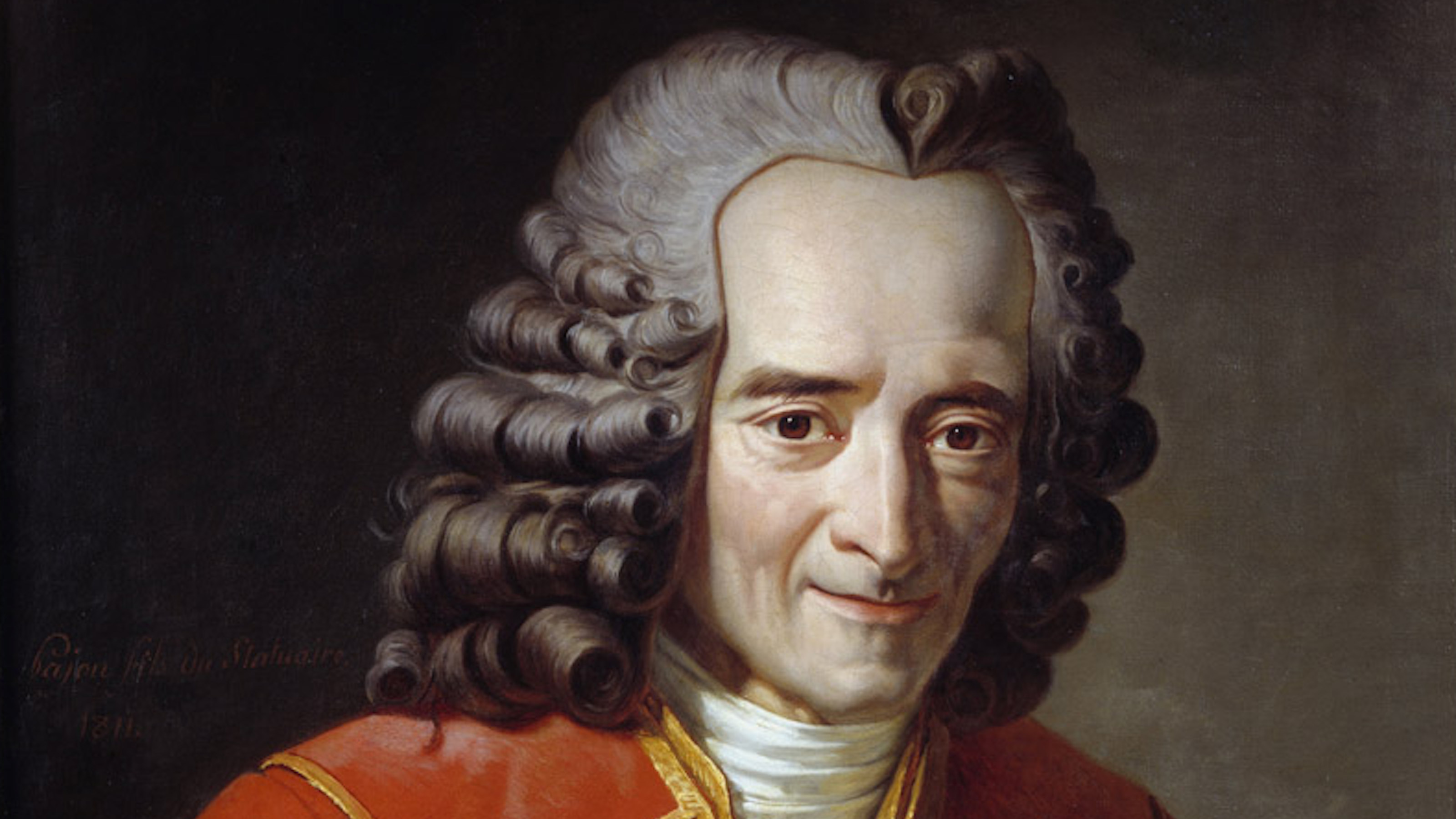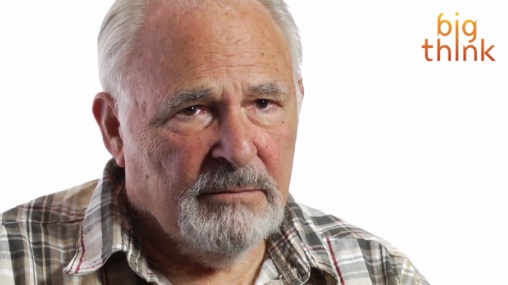Some Thoughts on the United Nations

Bloomberg recently asked me a few questions about the evolving role and capacity of the United Nations. With the 67th session of the UN General Assembly underway, I wanted to share my answers and ask folks how they’d respond.
(1) Where does the UN fit in the 21st-century world?
It remains a centerpiece of a postwar multilateral framework that, while under duress, does not yet face a coherent alternative.
(2) Much has been made of the UN being obsolete and increasingly irrelevant. Is this an assessment that you would agree with, or is it too simplistic and harsh?
There are many reasons why the UN’s credibility suffers: the corruption of high-profile efforts such as the Oil-for-Food Program, the dubious membership of the Human Rights Council, and the failure to do more to stop humanitarian crimes, for example. Given the sheer number of agencies and initiatives that fall under the UN’s auspices, however, it would be misguided to declare the entire organization obsolete. Consider the work of its peacekeeping forces, which, according to Stewart Patrick of the Council on Foreign Relations, “are deployed in roughly fifteen conflicts around the world to preserve regional security”; or that of the UN Children’s Fund, the UN Development Program, the World Health Organization, and the World Intellectual Property Organization.
The UN plays other important roles: the Millennium Development Goals that it articulated in 2000, for example, are widely embraced benchmarks for gauging the modernization of developing countries; documents such as the Convention on the Law of the Sea provide a basis for adjudicating disputes; and UN data and reports shape our understanding of numerous issues, ranging from refugee flows to nuclear safety to climate change. It is also revealing that while countries that seek to use force to achieve their objectives are unlikely to be dissuaded if the UN denies them “permission,” they nonetheless try to secure its imprimatur.
(3) If the UN were not to exist, what would/should replace it as a multilateral platform?
Several platforms would likely assume a higher profile, particularly the G-20. One would also expect to see greater interest in and legitimation of ad hoc, “minilateral” coalitions of interest.
(4) In March 2011, the UNSC came together in rare unity only to fall apart later in bitter, often petty squabbling when it came to Syria. Does the UN have the tools to respond to conflicts that are different from the sort it was created to protect the world against?
The UNSC only has as much binding authority as its five permanent members grant it. So long as they have competing national interests and visions of international order, tensions such as those that are playing out over the crisis in Syria will be inevitable. It is important, then, not only to reconsider the soundness of certain UNSC provisions—chiefly, the right of each permanent member to exercise a veto—but also to explore venues other than the UNSC through which collective security action might be mobilized. To that end, international law—humanitarian law, in particular—is in critical need of modernization.
(5) A comment on the role of social media in foreign policy, both as a tool but also an unruly weapon (see recent events precipitated in Libya).
Social media have given nonstate actors an unprecedented role in shaping the world’s priorities. Who could have imagined that the self-immolation of a 26-year-old Tunisian fruit vendor almost two years ago would catalyze social movements that not only upended the Middle Eastern and North African order—one that was widely regarded as adamantine—but also compelled the great powers to recalculate their engagement with the region? True, it is important not to get carried away. As is often said, Twitter does not cause revolutions; people who use Twitter cause revolutions. Even this corrective, however, recognizes that social media empower nonstate actors to shape events rather than simply observing them. They also ensure that policymaking is a 24-hour-a-day job: diplomats are charged not only with engaging in long-term strategic thinking, but also with defusing Facebook- and Twitter- and YouTube-inspired diplomatic crises that can arise at any second of the day.
Like many technologies, social media are not intrinsically beneficial or harmful. What matters is who is using them—dissidents vs. those who are trying to stifle their voices, terrorist organizations vs. humanitarian ones, and so forth—and to what ends.
Follow Ali Wyne on Twitter and Facebook.
Photo Credit: Laschon Maximilian/Shutterstock.com





